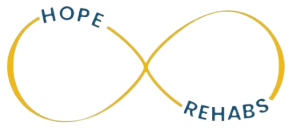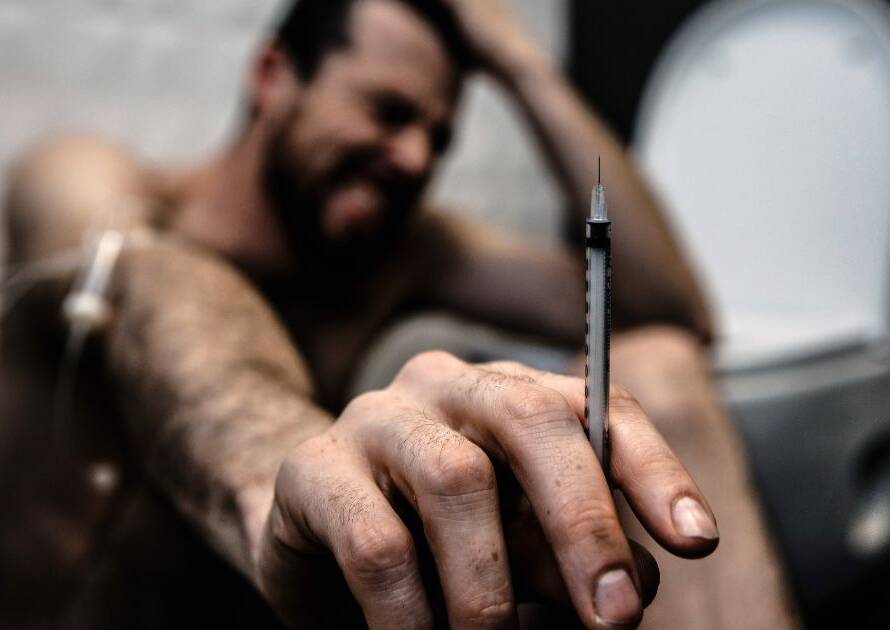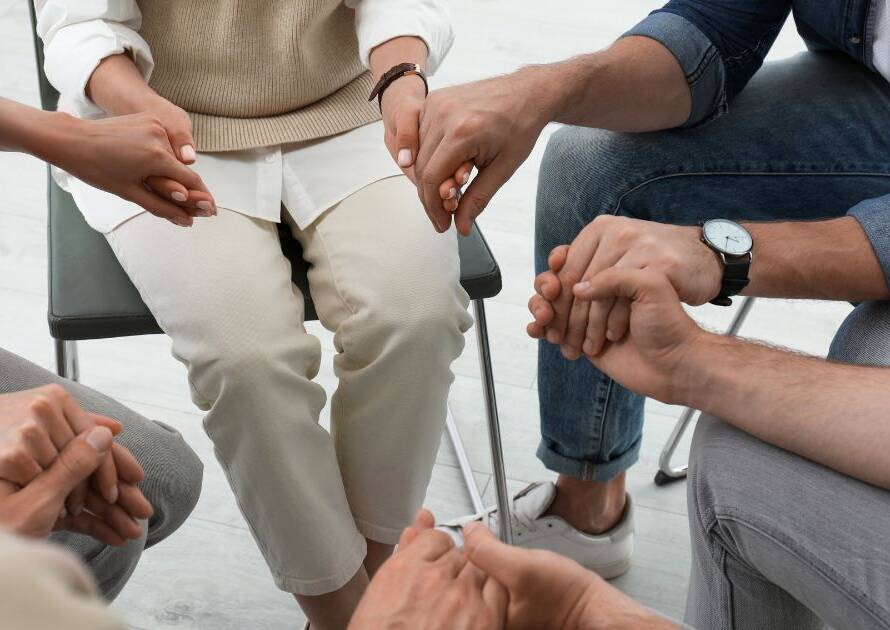Far too often, people delay seeking help due to uncertainty, fear, or stigma around addiction. This is true in India, the UK, the US, and other places. Knowing can save lives. Addiction can develop quietly and gradually, impacting mental, behavioural, and physical health. Recognizing these early signs of addiction can prevent serious harm and improve chances of recovery.
According to recent data from the World Population Review, more than 6 million people in India and over 12 million in the US struggle with substance use disorders. Many of these individuals never seek professional support. This gap often stems from stigma and confusion about the right time to get help, or the best intervention timing.
Understanding Addiction: A Gradual Process
Addiction usually starts slowly. People might begin using substances socially or to cope with stress, but dependence builds over time. This makes it hard to know exactly when to seek rehab.
Early recognition is crucial because addiction affects mental health, behaviour, relationships, and physical well-being. Acting early often leads to a smoother recovery process.
Psychological Signs: Notice the Subtle Changes
Psychological symptoms are often the first to show up, but they can be difficult to spot. Watch for:
- Persistent cravings or obsessive thoughts about substances
- Denial or minimizing, like saying “I can quit anytime”
- Anxiety, irritability, or depression when not using
- Loss of interest in hobbies, friends, or family
- Secretiveness, guilt, or shame related to substance use
When these signs appear, it’s normal to ask, “Do I need rehab?” Considering this early can prevent escalation.
Behavioral Indicators You Shouldn’t Ignore
Friends or family often notice changes first. These behavioral red flags include:
- Neglecting responsibilities at work, school, or home
- Avoiding social interactions or pulling away from loved ones
- Engaging in risky activities like driving under the influence
- Mood swings or occasional aggression
- Hiding or lying about substance use
Concerns from family and friends can offer valuable insight into the right intervention timing.
Physical Symptoms and Alcohol Problem Signs
Physical changes often show up later but can still be warning signs. Look for:
- Bloodshot eyes, tremors, slurred speech, or unsteady movement
- Noticeable weight gain or loss, poor hygiene
- Sleep disturbances or chronic fatigue
- Frequent illness or unexplained injuries
- Memory or concentration issues
Recognizing these alcohol problem signs in yourself or a loved one can be a compelling reason to seek help.
Common Myths That Delay Seeking Rehab
Stigma and misinformation stop many from getting help sooner. Let’s clear up some common myths:
- Rehab is only for “rock bottom” cases. In reality, getting help earlier is often more successful.
- Seeking help shows weakness or failure. It actually takes strength and self-awareness.
- Rehab will damage my reputation. Confidentiality is a key principle at professional centers like Hope Rehabs.
- I should be able to quit on my own. Professional help greatly increases the chances of lasting recovery.
Busting these myths encourages timely and confident action.
Why Early Intervention and Confidential Assessment Matter
Hope Rehabs offers a confidential assessment that allows a safe, judgment-free way to explore treatment options that fit individual needs, whether at early stages or later in addiction. Early intervention reduces health risks and improves social and job outcomes.
The UK’s National Health Service emphasizes the importance of timely treatment, showing that people who access rehab sooner have better recovery rates than those who wait.
Global Impact: Addiction by the Numbers
Addiction is a global issue:
- The US Substance Abuse and Mental Health Services Administration reports over 20 million Americans face substance use disorders each year.
- Studies show nearly 27% of Indian youth aged 10–24 deal with substance abuse problems, impacting their economic and social lives.
- In the UK, about 2.7 million adults have recently used drugs, according to NHS data.
Furthermore, research from the World Health Organization estimates that over 60 million people worldwide struggle with opioid dependence. This underscores the pressing need for accessible and effective rehab services.
Taking the Next Step Toward Recovery
If you or someone you care about shows psychological, behavioral, or physical signs of addiction, or if you’ve wondered, “Do I need rehab?” consider seeking professional support as soon as possible. Taking early steps can greatly influence recovery outcomes.
Hope Rehabs provides compassionate, expert care with strict confidentiality. Our skilled team guides you or your loved one through assessment, treatment planning, and recovery with dignity and respect.
Don’t wait. Contact Hope Rehabs (internal linking to contact page) today for a confidential evaluation. Healing starts with hope and the courage to take action.
Frequently Asked Questions (FAQs)
- Can someone go to rehab even if they’re not addicted, just dependent?
Yes. Dependence—whether physical or emotional—can severely affect your health, even if you don’t see yourself as “addicted.” Rehab can address underlying issues and teach healthy coping strategies before things worsen.
- How do I convince a loved one to go to rehab if they refuse help?
Use a friendly tone and focus on the consequences you’re noticing, like health problems or damaged relationships. You might also consult a trained interventionist or family therapist for support with a structured intervention.
- Is outpatient rehab as effective as inpatient care?
It depends on the severity of the addiction and personal circumstances. Outpatient programs can be effective for those with strong family support and milder dependencies. Inpatient rehab provides more structure for severe or long-lasting addiction.
- What happens during the first 24–48 hours in rehab?
The first phase usually includes medical and psychological assessments, detox if necessary, and a personalized recovery plan. This period can be the most physically and emotionally intense, but staff are trained to offer support around the clock.


